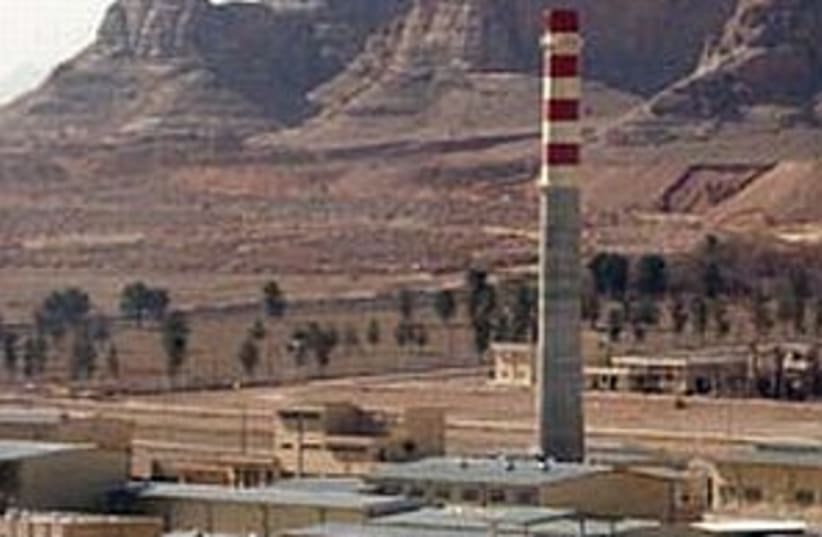| JPOST.COM HIT LIST | |
| JPost.com's most popular articles this past week |
US pressuring foreign banks on Iran
European banks financially penalized in the past for flouting US policy.


| JPOST.COM HIT LIST | |
| JPost.com's most popular articles this past week |